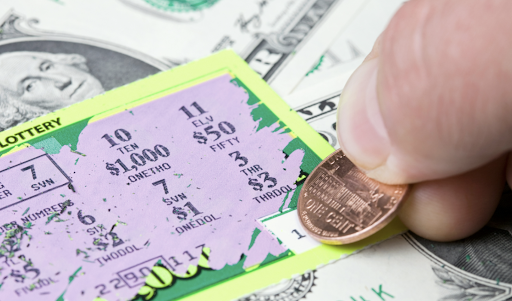What Types Of Tea Are The Healthiest To Drink? Find Out Here
Tea is a popular drink, and for good reasons. There are many different types of tea, and the health benefits vary depending on which type you choose. From green tea to black tea, oolong to herbal infusions, there are benefits for your health in all types of teas. It’s been used in traditional medicine for thousands of years, and modern science has confirmed many of these claims.
1. Green Tea
One of the most popular types of tea, green tea, is full of antioxidants. Drinking green tea regularly can reduce your risk for cancer and heart disease. Polyphenols found in green tea can also help fight obesity, which is good news if you’re watching what you eat. There are different varieties, such as gunpowder, sencha, and matcha, and all of these can be beneficial.
2. Black Tea
Another popular type of tea, black tea, has more caffeine than green tea. It also contains more polyphenols and antioxidants than other types of teas. This means it’s good for your heart, blood vessels, liver, brain, skin, digestive system, and mood.
It’s also very versatile. You can drink it with milk and sugar for a delicious cup of tea, or mix it with other ingredients to make iced tea. If by now you’re thinking – Let’s Drink Tea, you’re in the right place because drinking something tasty that’s good for you is one of the best ideas.
When talking about health, it’s also important to mention the mental health benefits. Being healthy doesn’t have to mean eating low-calorie foods. It’s also important to be happy. So if you want to treat yourself to some sweet black tea, go for it. The health benefits will still come your way, and you’ll feel good about treating yourself.
3. Oolong Tea
Oolong tea comes from the same plant as green and black tea, but it’s processed differently. This makes it taste different too – oolong is between green and black in terms of flavor. There are many health benefits to drinking oolong tea regularly, such as lower cholesterol levels and improved heart health. It may also help prevent cancer, but more studies are necessary to confirm this.
There’s lots of talk about cholesterol levels, but it can be confusing to understand. If you have low cholesterol levels, it means you have a low risk for heart disease. If you have high cholesterol levels, it means your risk for heart disease is higher. HDL and LDL are types of lipids found in the blood that carries cholesterol to cells throughout the body.
Oolong tea may help lower LDL levels while increasing HDL levels, which would reduce your risk for heart disease. It may also help maintain blood sugar levels, which is good news if you or someone in your family has diabetes.
4. Herbal Infusions
Herbal infusions are not made from the Camellia sinensis plant. The word “infusion” refers to the process of extracting compounds from herbs and plants to make a tasty drink.
These drinks may be very low in caffeine, so they’re great for people who can’t handle the jitteriness caused by drinking caffeinated beverages. They also come with lots of health benefits, such as weight loss, detoxification, and enhanced immune systems. They’re also full of antioxidants, which can fight diseases like cancer.
Making your own herbal infusions at home is a great way to explore the benefits of different herbs and plants. It’s also very cost-effective, as you can buy plant material in bulk from many health food stores.
5. Decaffeinated Tea
While tea is best known for its caffeine content, many people are sensitive to caffeine or want to avoid it altogether. This doesn’t mean you have to stop drinking tea – there are several different varieties without caffeine. Decaffeinated tea is made in much the same way as regular tea, with one difference – it’s soaked in water that has had caffeine extracted from it.
Different methods are used to extract caffeine from the tea leaves, so different types of decaffeinated tea will have varying levels of caffeine left in them. You can even drink decaffeinated tea before bed without worrying about being kept awake. It also contains antioxidants without caffeine content, so the benefits are still there.

Tea has been consumed for thousands of years, and many cultures consider it a part of their national identities. From sweet black tea to refreshing herbal infusions, different types of teas can offer unique health benefits. Some varieties may contain caffeine while others don’t, but the overall benefits of drinking tea are still there.
Reading about different types of tea is a great way to get started drinking tea. It’s also nice to have a list of different kinds to choose from, so you can experiment each day with something new. Why stop at black, green, and oolong? Try out herbal infusions or decaffeinated varieties – the possibilities are endless!




